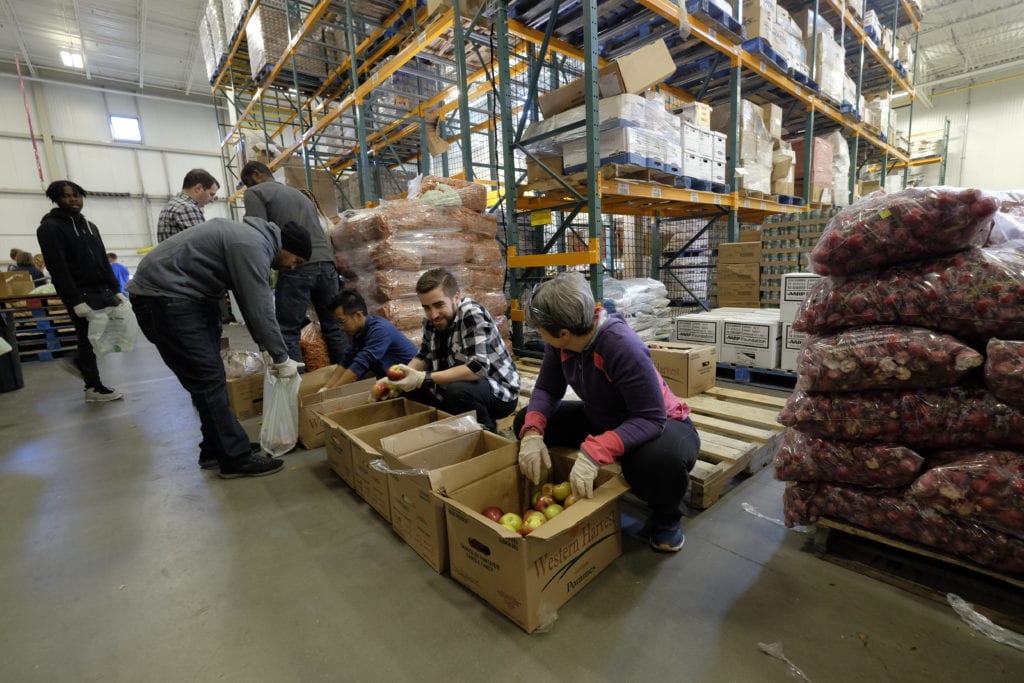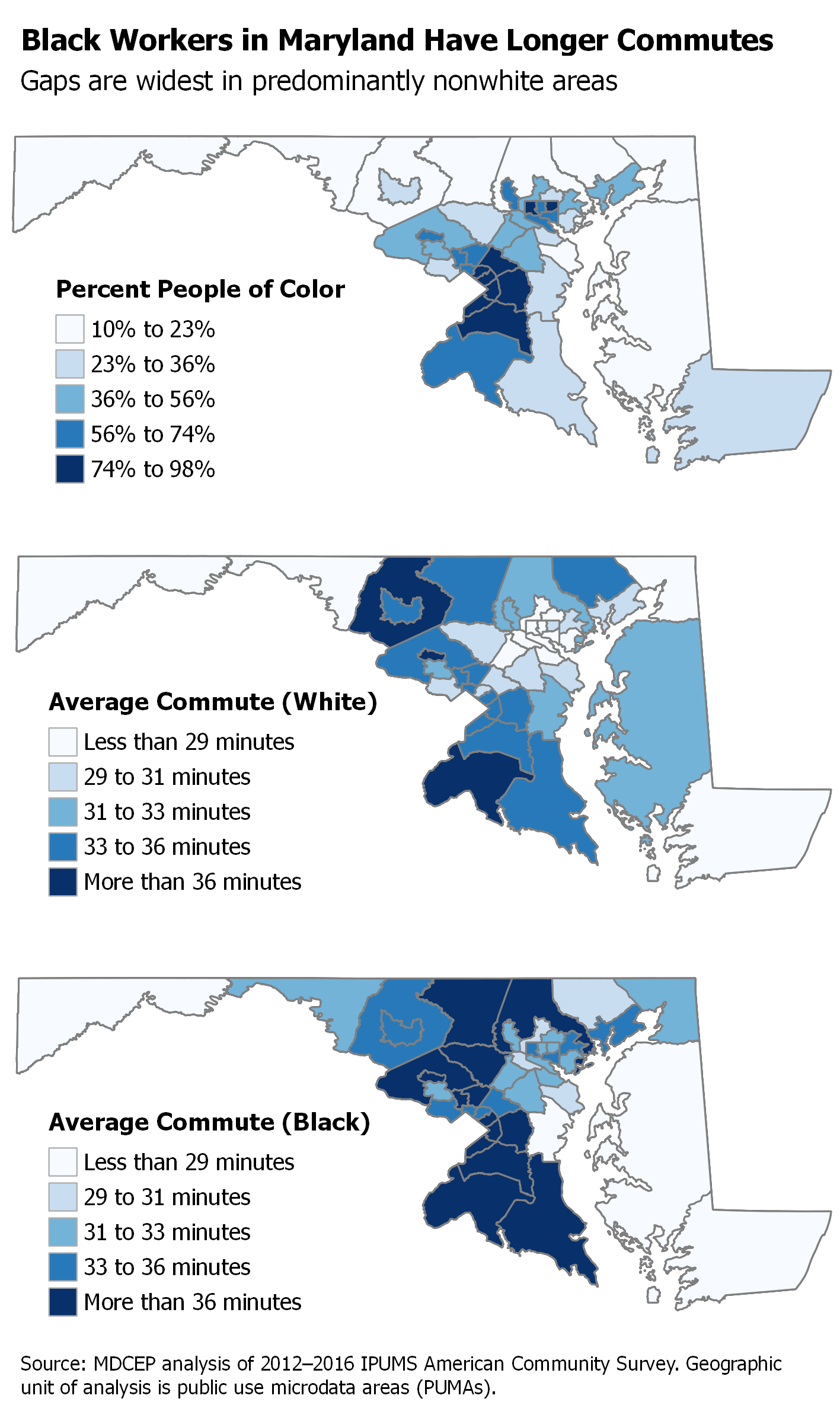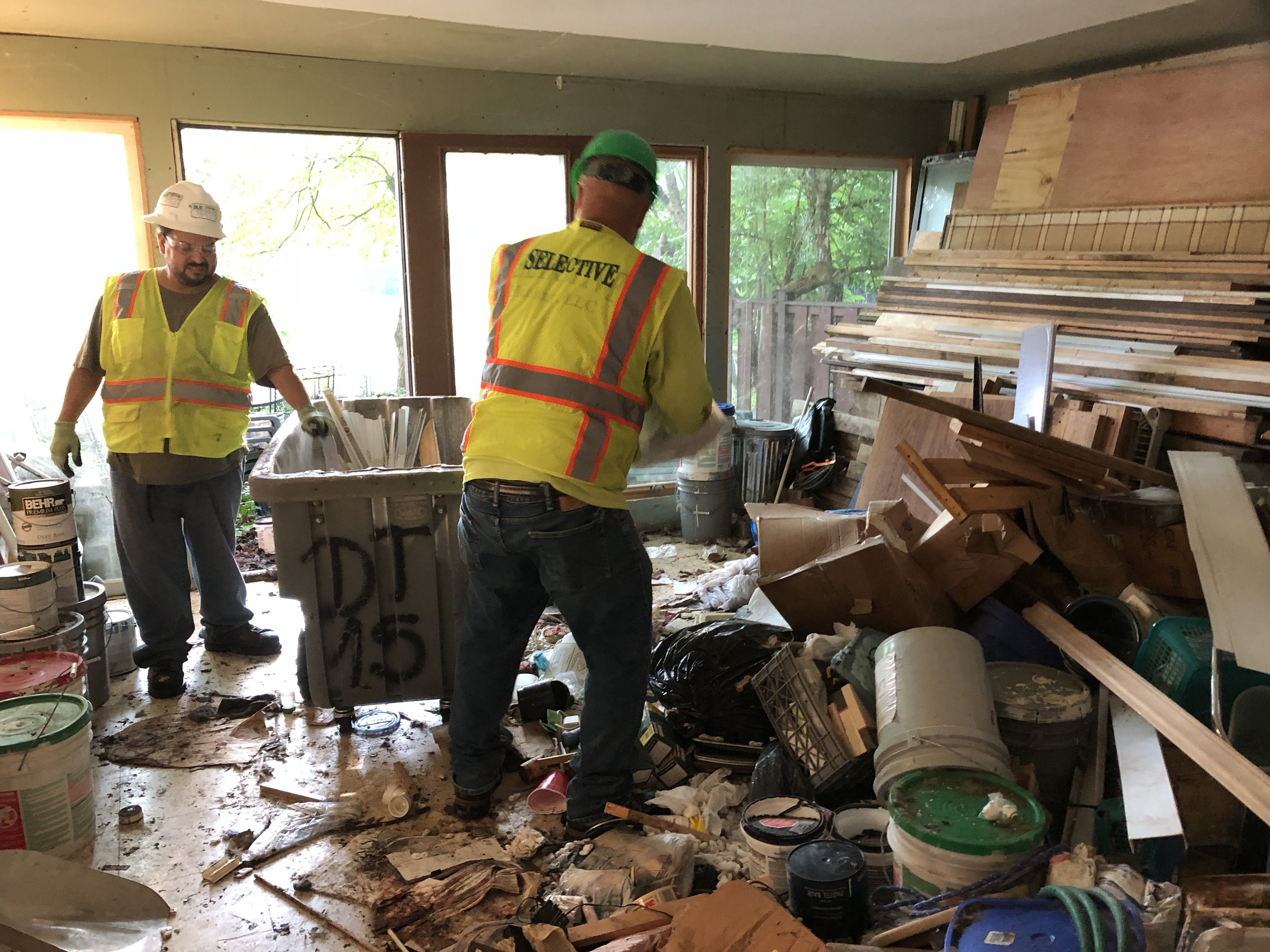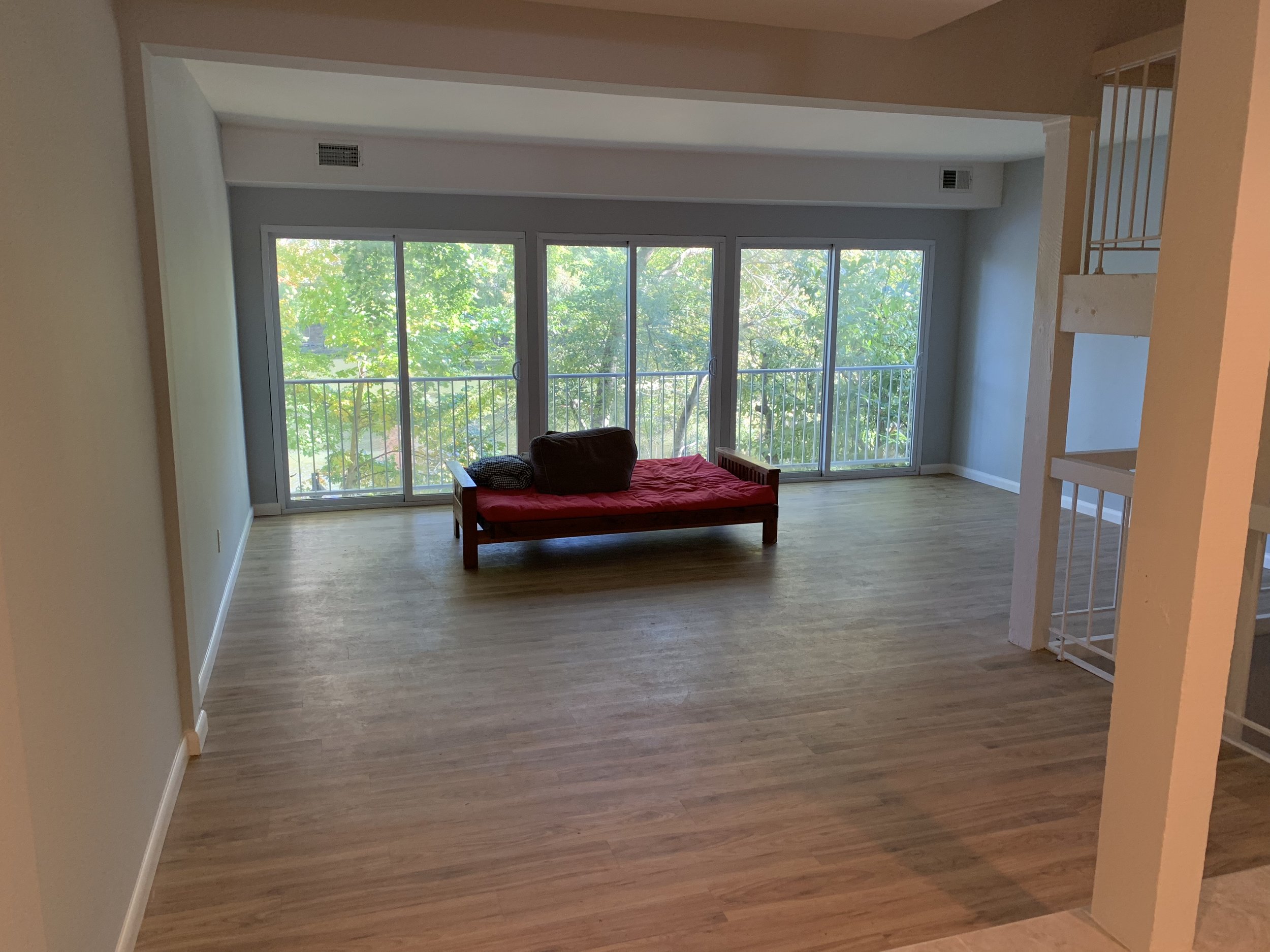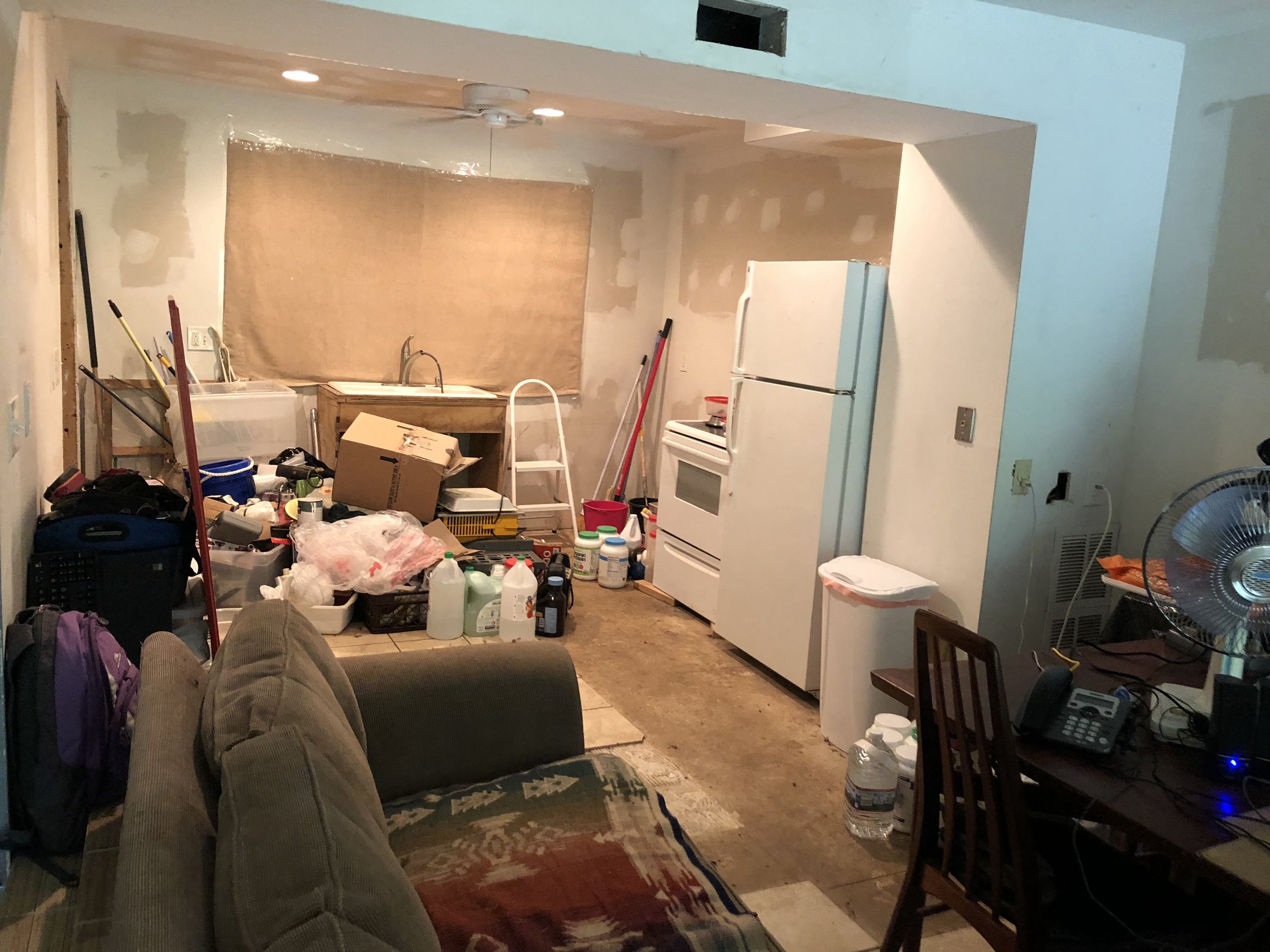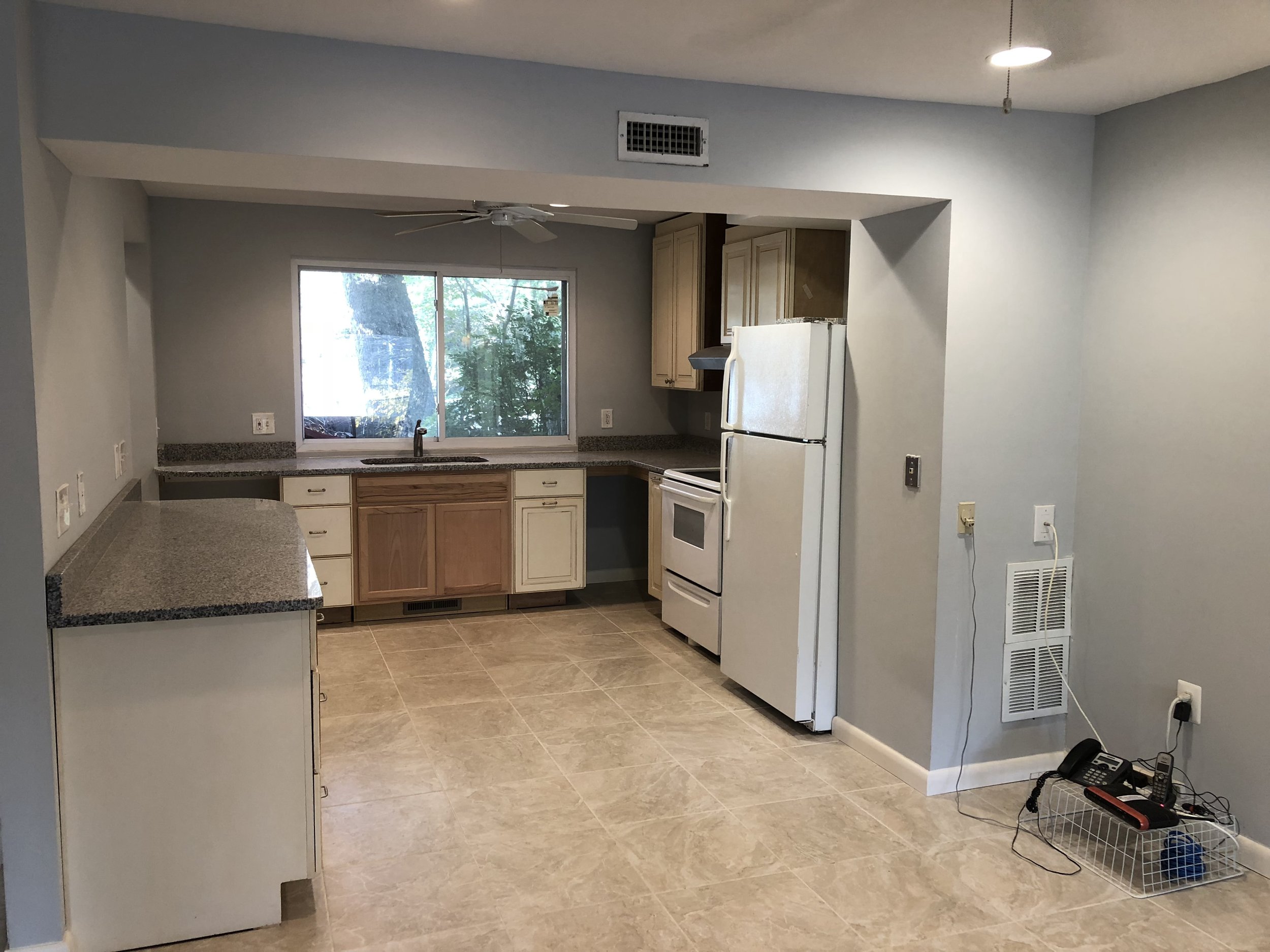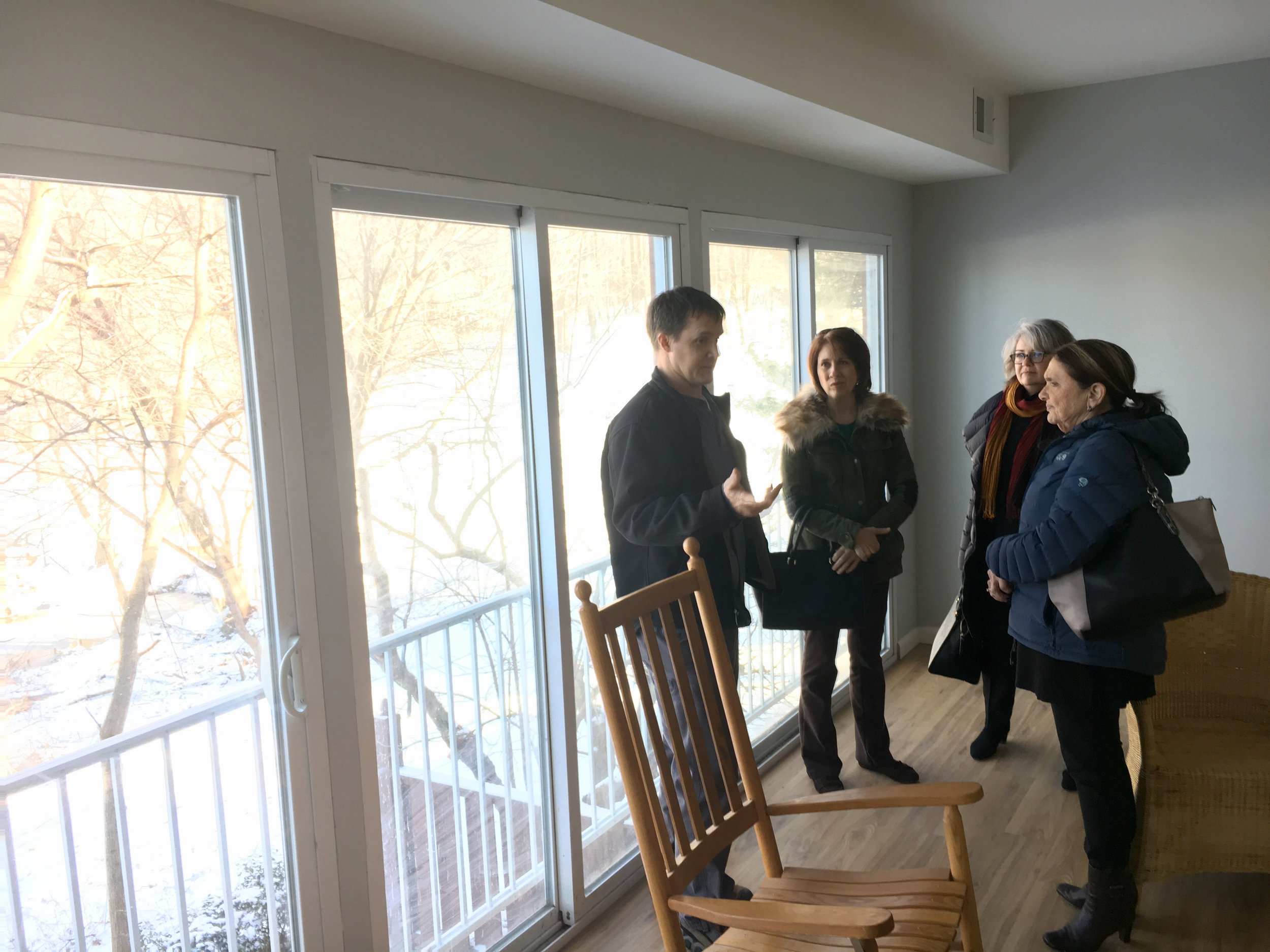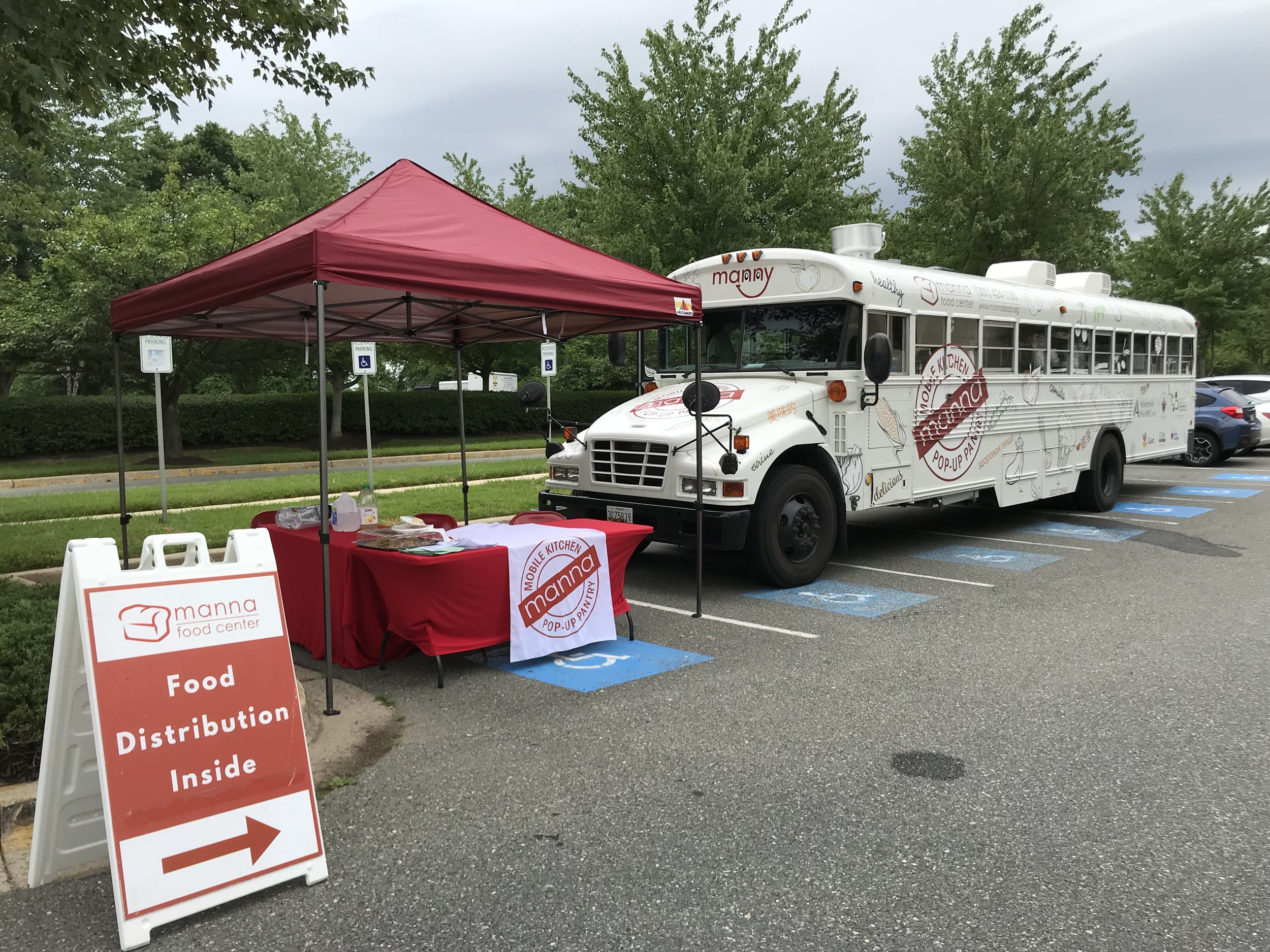When populations are undercounted in the census, communities are impacted in multiple ways, with communities of color the most adversely impacted. For example, the census count determines the number of representatives a region has in government. An undercount could mean less representation than necessary for some of our most hard-to-count populations, resulting in a loss of power, influence, and likely decreased focus and mismatched investments in their priorities and concerns, which will have real consequences for the next decade. Federal funding for social service programs – such as maternal and child health, Head Start, supplemental food programs, subsidized housing, and other human services (more than $24 billion to DC, Maryland, and Virginia combined!)— could be drastically reduced and fail to meet the full needs of our communities that are historically and persistently subjected to divestment. Businesses that are urgently needed – like grocery stores and healthcare providers – may fail to open in under-resourced neighborhoods because the data does not reflect current or potential for future demand.
With the importance of the census count in mind, we are proud to award a total of $287,000 to organizations committed to a fair and accurate count of all residents of the DMV. The organizations listed below are focusing on a variety of communities in our region, including people living with disabilities, communities of color, returning citizens, and more. These organizations also work with communities across the Greater Washington region, including DC, Montgomery County, Prince George’s County, and Northern Virginia. We encourage you to read below to learn not only which organizations we funded, but also how they specifically plan to encourage historically undercounted communities to participate in the census and be heard.
Donors to the 2020 Count DMV In Census Project include Bainum Family Foundation, the Bauman Foundation, Consumer Health Foundation, Eugene & Agnes E. Meyer Foundation, United Way of the National Capital Area, and Weissberg Foundation. The Greater Washington Community Foundation administers grants on behalf of the project and conducted a rigorous application review process to vet grantee organizations for funding.
2020 Count DMV In Census Project Grant Recipients
Arc of the District of Columbia, Inc. to engage and educate people living with disabilities to complete the census with appropriate and accessible supports in place.
Asian American LEAD (AALEAD) to support efforts in Northern Virginia and Montgomery County to reach hard-to-count Asian-Pacific American populations.
CASA de Maryland, Inc. to support a census outreach program specifically promoting the participation of low-income immigrants and Latinx families in Northern Virginia.
DC Action for Children to engage children as youth ambassadors to convince families, friends, and neighbors to complete the 2020 census form and ensure that all people living in their household are counted.
District of Columbia Baptist Convention to support residents served by District of Columbia Baptist Convention’s interfaith member congregations in the DMV region through educational and awareness campaigns.
Edu-Futuro to reach hard-to-count Latinx populations in the DMV region through Linea Directa, a half-hour Spanish language program focusing on the importance of participating in the census.
Ethiopian Community Center, Inc. to ensure that newly arrived African-immigrant residents in Montgomery County, MD have the information and support they need to participate fully in the 2020 census, by engaging individuals and families with limited English proficiency.
Greater Washington Urban League to fulfill the needs of census outreach and participation for people of color in the District, specifically wards 5, 7, and 8.
Justice for Muslims Collective (Defending Rights and Dissent Inc.) to engage Arab, Middle East Muslim, and South Asian (AMEMSA) communities and businesses through outreach and awareness building in the DMV region.
La Clinica del Pueblo (Promotores) to support promotoras de salud (community health workers) who will conduct education and outreach to hard-to-reach Latinx populations to encourage participation in the 2020 census.
Latino Economic Development Corporation to educate and reach out to small businesses in DC on the importance of the census.
Montgomery College Foundation - Robert E. Parilla Performing Arts Center to support student ambassadors at Montgomery College to engage in strategic outreach in hard-to-count communities in Montgomery County, MD.
National Korean American Service and Education Consortium Inc. to support outreach activities including education and raising awareness of the census within the Asian American and Pacific Islander community in Northern Virginia.
Prince George’s County Children’s Resource Center to advance census work in Prince George’s County to engage families and children ages 0-5.
Progressive Maryland Education Fund to engage low-income residents and communities of color in Prince George’s County on their participation in the 2020 census.
Restaurant Opportunities Centers ROC United, Inc. to support ROC DC’s efforts to incorporate census work in its outreach and education programs designed for low-wage restaurant workers.
Seabury Resources for Aging to support outreach to low- to moderate-income older adults in DC and Silver Spring, MD.
United Planning Organization to host information sessions for participants in their training programs for people of color in wards 5,7, and 8 and encourage students in its employment training programs to apply for positions in support of the census.
Virginia Coalition for Immigrant Rights Inc. to support outreach efforts in Northern Virginia, specifically to Latinx, Asian, and African immigrant communities.
Virginians Organized for Interfaith Community Engagement to support outreach efforts to communities of color and immigrant communities in Northern Virginia.




